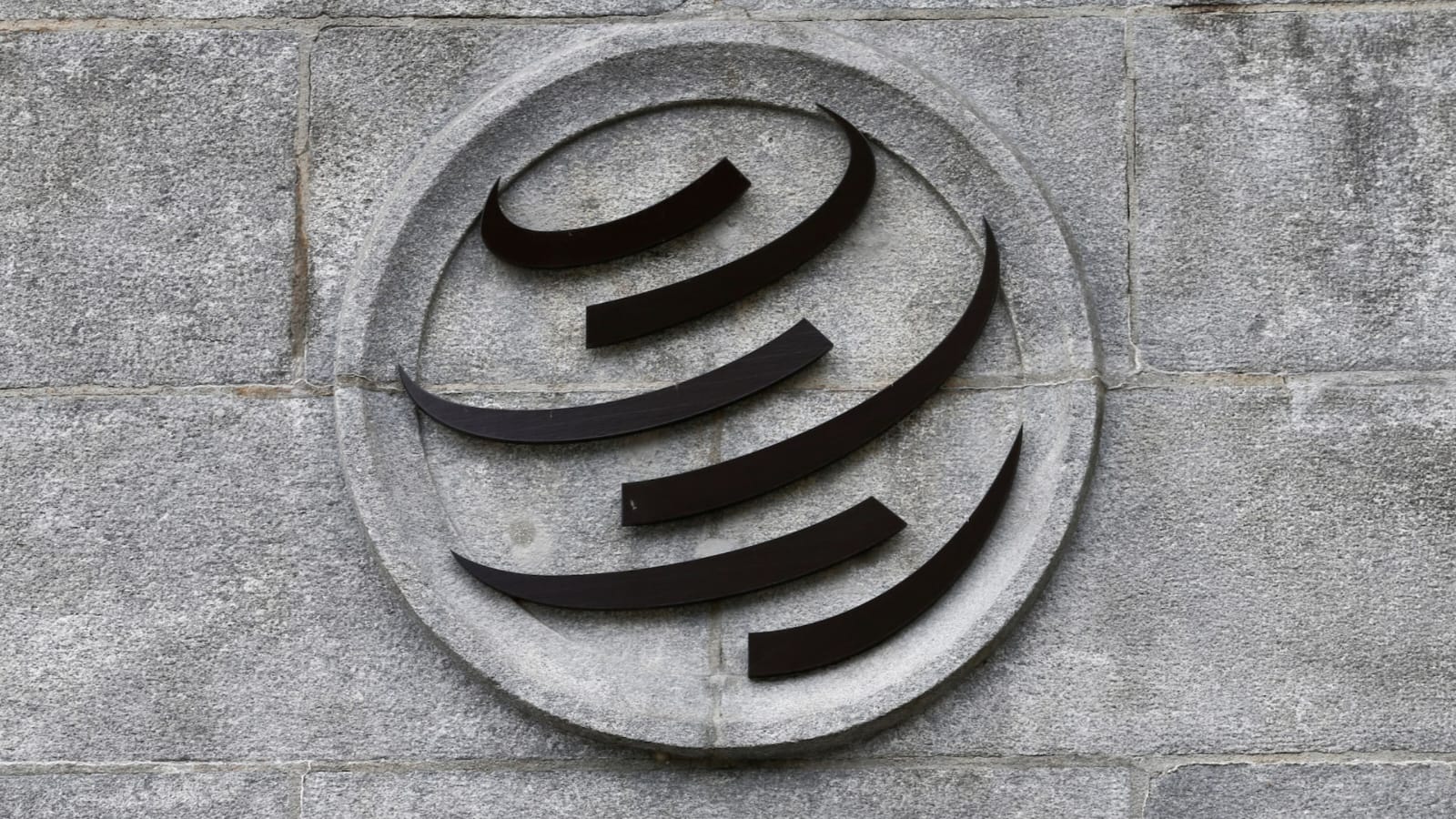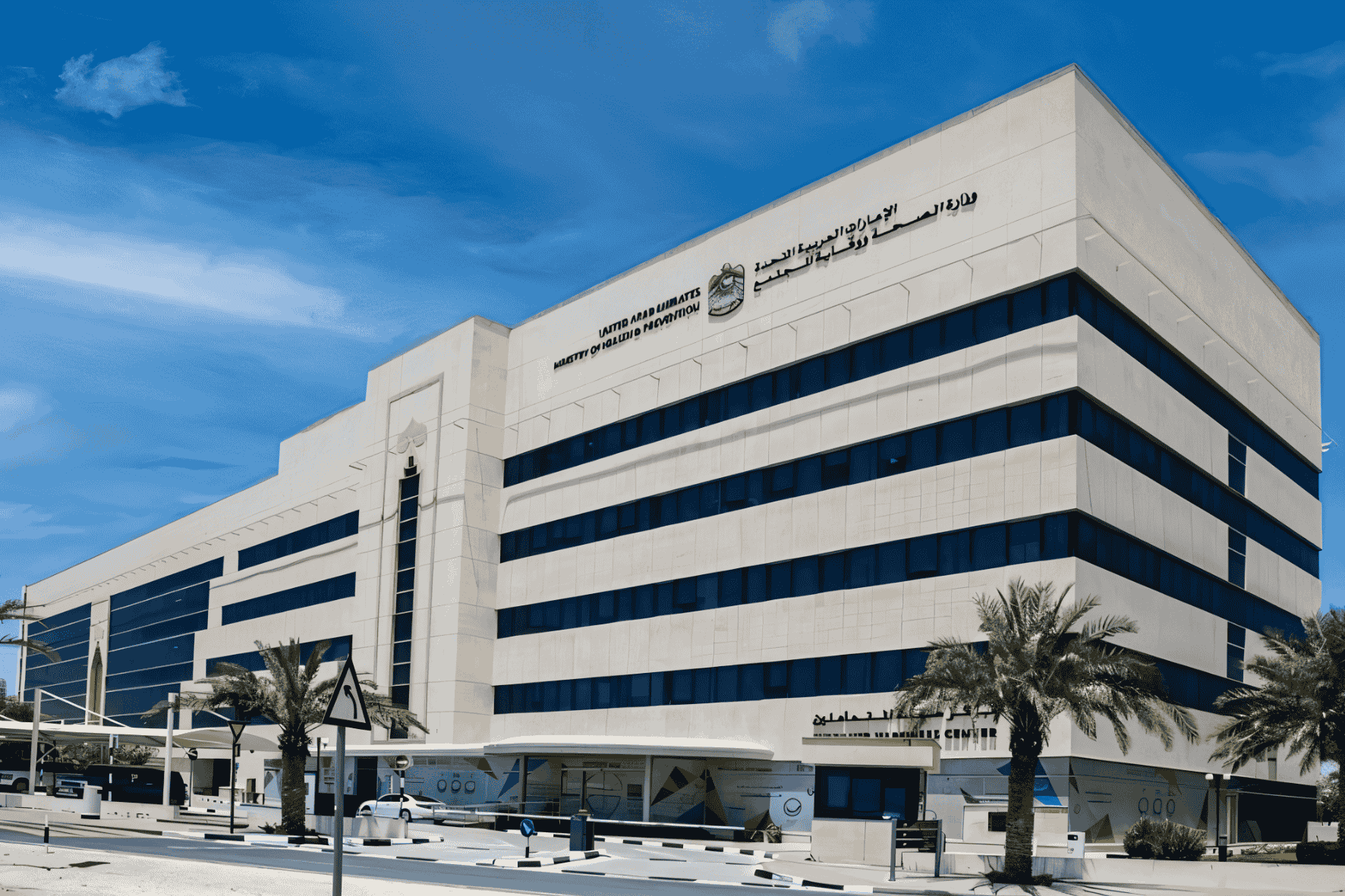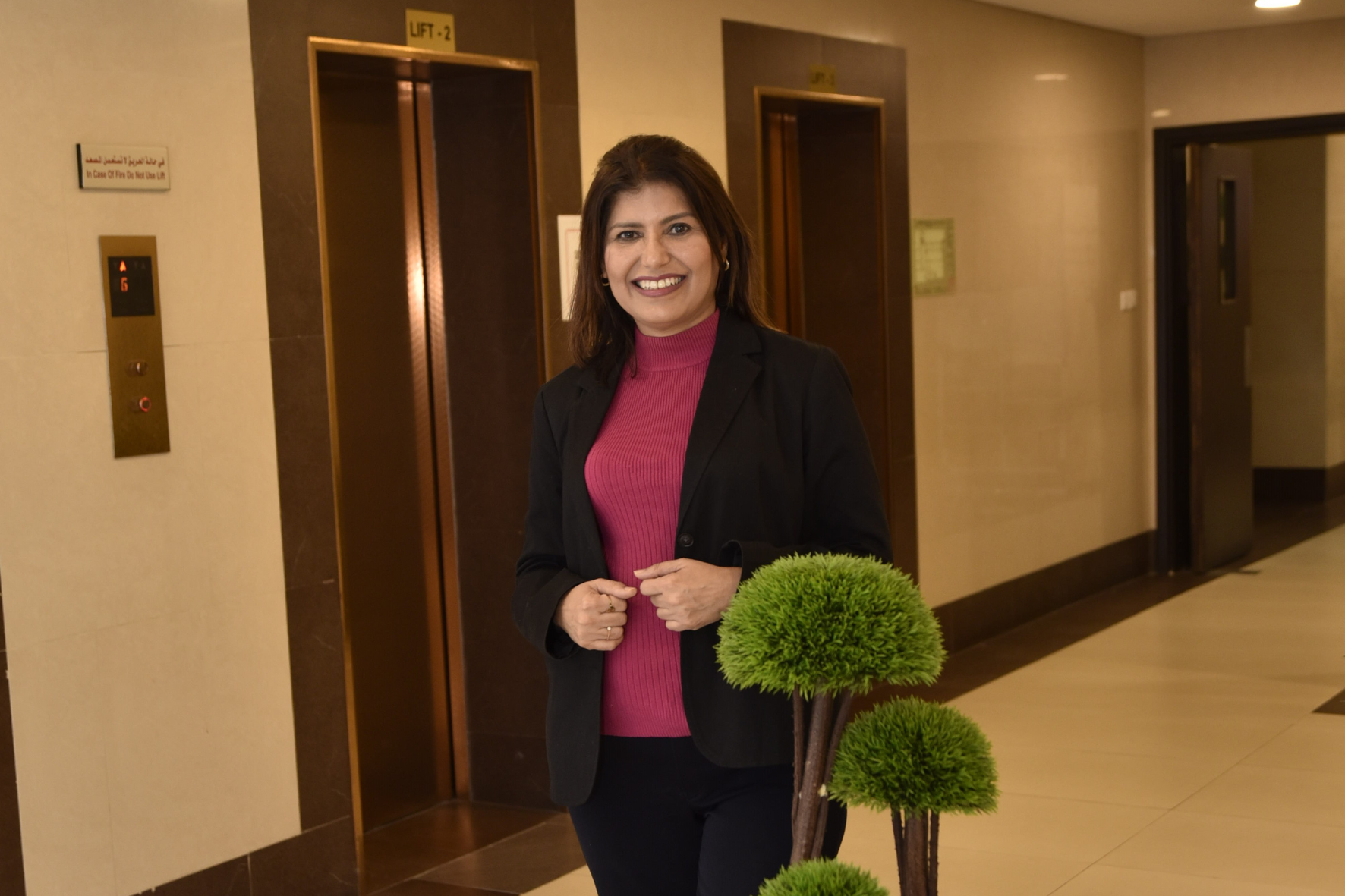Emirates Thalassemia Society Hosts Forum to Advance Patient Care and Treatment

On Thursday, the Emirates Thalassemia Society (ETS) organized its third brainstorming forum to mark International Thalassemia Day. Held at the renowned Fairmont Hotel in Dubai, the event served as an important platform for healthcare professionals, thalassemia specialists, and patient advocates to come together and discuss critical advancements in thalassemia treatment, patient care, and the future of the disorder in the UAE.
The forum was held under the patronage of Sheikha Sheikha Bint Saif Al Nahyan, wife of Dr. Sheikh Sultan Bin Khalifa Bin Zayed Al Nahyan, Advisor to the President of the UAE, and Chairperson of the Board of Directors of ETS. Her leadership and presence during the event underscored the UAE’s commitment to improving the lives of individuals living with thalassemia.
The theme of the forum, “We gather you today to make you happy tomorrow,” echoed the forum’s forward-looking approach. Sheikha Sheikha expressed her enthusiasm for the forum, recognizing its role in fostering important discussions and recommendations to enhance the services and care provided to thalassemia patients across the country.
A Vision for the Future of Thalassemia Care in the UAE
Thalassemia is a complex genetic blood disorder that requires continuous and comprehensive management. Patients typically require regular blood transfusions, iron chelation therapy, and sometimes even bone marrow transplants. This lifelong condition often presents challenges that affect not only the physical well-being of patients but also their emotional and psychological health.
During her address, Sheikha Sheikha reflected on the remarkable progress the Emirates Thalassemia Society has made in improving the care and support systems available to thalassemia patients. She emphasized the importance of collaboration between various sectors of society to achieve the goal of improving the quality of life for those affected by thalassemia.
The Ministry of Health and Prevention’s ongoing partnership with the ETS was also recognized, with Sheikha Sheikha extending her gratitude for their cooperation in raising awareness about thalassemia, supporting positive initiatives, and working towards reducing the incidence of new births with thalassemia through public health campaigns.
Notably, Sheikha Sheikha acknowledged the initiative that saw prominent landmarks across the UAE lit up in red for the past two years as a symbol of awareness for International Thalassemia Day. These efforts play an important role in engaging the public and increasing understanding of the disease.
Development of a Nationwide Thalassemia Patient Database
Abdul Basit Mardas, Vice President of the Emirates Thalassemia Society, shared important updates on the creation of a comprehensive national database for thalassemia patients. This initiative, in collaboration with health authorities, is aimed at consolidating information about thalassemia patients across the UAE. The database is expected to be completed by the end of this year, marking a significant step towards enhancing patient care and providing data-driven insights into thalassemia management.
Mardas highlighted that while the ETS has around 700 to 800 registered patients, the total number of patients affected by thalassemia across the UAE exceeds 1,500. By centralizing patient data, the database will improve the ability to track the condition of individuals, ensure proper treatment is administered, and enable more personalized care.
The introduction of the thalassemia patient database will also serve as a valuable tool for future research, offering key insights into the most effective treatments, therapies, and preventive strategies for the condition.
Expanding Thalassemia Care Centers Across the UAE
A major focus of the forum was the expansion of thalassemia care centers across the UAE. Mardas announced plans to open a new thalassemia treatment center in Abu Dhabi, which will increase the number of centers in the UAE to four. Currently, three centers are operational in Dubai, Fujairah, and Ras Al Khaimah. This new facility in Abu Dhabi is expected to ease the burden on existing centers, ensuring greater access to care for patients across the country.
The expansion of these centers reflects the UAE’s commitment to providing specialized healthcare services for thalassemia patients. With these four centers, patients will have access to comprehensive medical treatments and support, reducing the need for long travel times to receive care. This initiative is vital in ensuring that patients receive timely and appropriate care, regardless of their location within the country.
Strengthening Medical Partnerships to Enhance Patient Care
The Emirates Thalassemia Society has also worked hard to build new partnerships with medical institutions to offer expanded services to thalassemia patients. One significant collaboration highlighted at the forum was with the Laser Medical Centre (LMC), a dental care facility that will now provide specialized treatment for thalassemia patients who experience dental issues due to frequent blood transfusions.
Thalassemia patients are prone to dental complications, including enamel erosion and other oral health concerns. Thanks to the partnership with LMC, a certain number of thalassemia patients will be treated for free, while others will receive discounts of up to 40% on dental services. This collaboration reflects the ETS’s holistic approach to healthcare, recognizing the need to address not only the primary medical needs of thalassemia patients but also the secondary health challenges they face.
In addition to this partnership, the ETS signed a Memorandum of Understanding (MoU) with the Global Advocacy and Legal Counsel (GALC). This agreement is aimed at providing legal support and advocacy for thalassemia patients and their families. Through GALC, patients will have access to legal advice and representation, ensuring their rights are protected and that they receive the legal support needed in challenging situations.
Innovations in Thalassemia Treatment: Gene Therapy and Bone Marrow Transplants
As part of the ongoing discussions, the forum explored the latest innovations in thalassemia treatment. A key topic of focus was gene therapy, a groundbreaking approach that involves modifying a patient’s genes to correct the underlying defect causing the disease. While gene therapy is still in its developmental stages, it offers hope for a potential cure, allowing patients to lead a life free of the burdens of regular blood transfusions and other treatments.
Bone marrow transplants, which remain a vital part of thalassemia treatment, were also discussed. Recent advancements in transplant techniques and improved success rates have provided many patients with a better chance of long-term survival and recovery. However, bone marrow transplants come with inherent risks and are not always suitable for all patients, making personalized care essential.
The forum also focused on the need for better communication between patients and healthcare providers. Ensuring that patients are well-informed about treatment options, including new therapies, is critical in empowering them to make informed decisions about their care. Building trust and facilitating open dialogue between doctors and patients is essential for optimizing treatment outcomes.
Celebrating Thalassemia Champions: Success Stories and Hope
An inspiring aspect of the forum was the sharing of success stories from thalassemia champions—individuals who have bravely battled the disorder and emerged victorious. These stories were a powerful reminder of the strength and resilience of thalassemia patients, as well as the critical role of community support in helping them navigate the challenges of their condition.
Thalassemia champions recounted their journeys, detailing their experiences with medical treatments, social support, and personal perseverance. These stories not only provided hope to others but also served as a testament to the progress that has been made in the care and treatment of thalassemia.
The forum concluded with a renewed sense of purpose and optimism, with attendees leaving more informed and inspired to continue working towards improving the lives of those affected by thalassemia.







